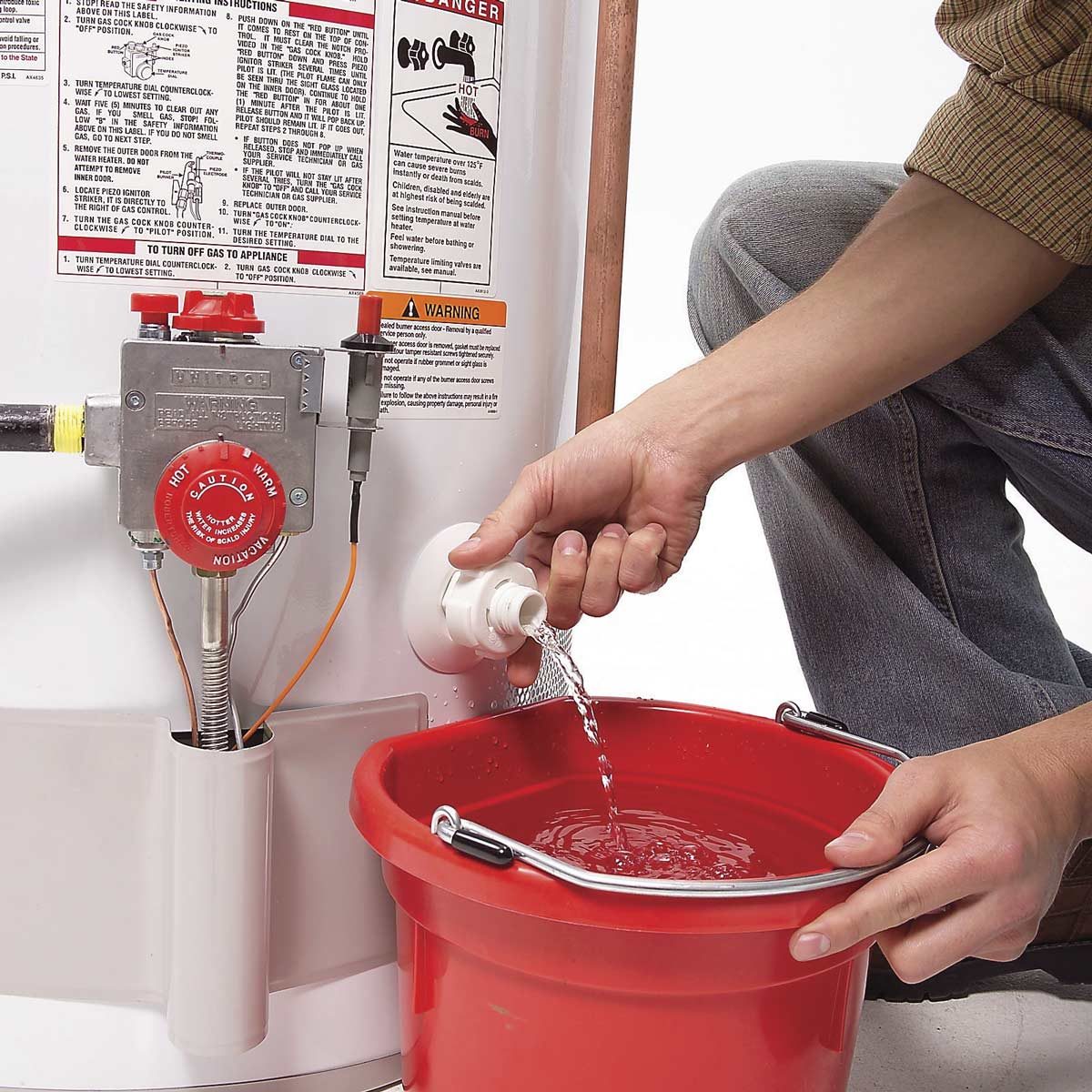
Ensuring Longevity: Expert Tips to Extend Your Water Heater’s Lifespan
Water heaters are essential appliances in our homes, providing hot water for various daily activities. Prolonging the life of your water heater not only ensures a consistent supply of hot water but also saves you from the hassle and cost of premature replacements. Here are expert tips to extend the lifespan of your water heater and optimize its performance.
Routine Maintenance for Efficient Operation
Regular maintenance is key to keeping your water heater in top-notch condition. Flushing the tank annually helps remove sediment buildup, which can affect the heater’s efficiency and lifespan. Follow the manufacturer’s instructions for flushing or consider hiring a professional to perform this maintenance task. Additionally, inspect the anode rod every few years and replace it if it shows signs of corrosion, as this sacrificial component protects the tank from rusting.
Adjusting Temperature Settings
Moderating the temperature settings on your water heater can contribute to its longevity. Lowering the temperature not only prevents scalding but also reduces the stress on the unit. Most households find a temperature setting between 120°F and 140°F comfortable and safe. Adjusting to a lower temperature can save energy and decrease wear and tear on the heating elements, extending the overall life of the water heater.
Installing a Water Softener
If your home has hard water, which contains high levels of minerals like calcium and magnesium, consider installing a water softener. Hard water can lead to sediment buildup and scale formation in the tank, decreasing the efficiency of the water heater and potentially causing damage. A water softener helps prevent these issues, promoting a cleaner and more efficient system.
Inspecting for Leaks and Corrosion
Regularly inspect your water heater for any signs of leaks or corrosion. Check around the base of the unit and the connections for moisture, and visually inspect the tank for any signs of rust. Addressing leaks promptly prevents water damage and potential structural issues. If you notice significant corrosion, it may be an indication that your water heater is approaching the end of its lifespan, and replacement should be considered.
Using Pressure Relief Valves
Water heaters are equipped with pressure relief valves to release excess pressure and prevent tank damage. Test the pressure relief valve periodically by lifting the lever and allowing some water to discharge. If the valve doesn’t operate correctly, or if it leaks afterward, it may need to be replaced. Properly functioning pressure relief valves are crucial for the safety and longevity of your water heater.
Insulating Hot Water Pipes
To conserve energy and reduce the workload on your water heater, insulate the hot water pipes connected to the unit. This helps maintain the temperature of the water as it travels from the heater to the faucets, reducing heat loss and ensuring hot water reaches its destination more efficiently. Pipe insulation is a simple and cost-effective way to improve the overall performance of your water heating system.
Checking and Updating Anode Rods
Anode rods play a vital role in preventing corrosion within the water heater tank. Over time, these rods can deteriorate, sacrificing themselves to protect the tank. Regularly check the condition of the anode rod and replace it if it shows signs of wear. Upgrading to a corrosion-resistant or powered anode rod may offer even greater protection against tank corrosion.
Scheduling Professional Inspections
While homeowners can perform some maintenance tasks, scheduling periodic professional inspections is advisable. A trained technician can assess the overall condition of the water heater, identify potential issues, and provide recommendations for optimal performance. Professional inspections help catch problems early, preventing major malfunctions and extending the life of the water heater.
Upgrading to a Tankless Water Heater
Consider upgrading to a tankless water heater for long-term energy efficiency and extended lifespan. Tankless heaters only heat water on demand, eliminating the standby energy loss associated with traditional tank-type heaters. While the initial investment may be higher, tankless heaters often last longer and provide ongoing energy savings.
Exploring Smart Water Heater Technologies
Explore smart technologies that can enhance the efficiency and lifespan of your water heater. Smart water heaters offer features such as remote temperature control, leak detection, and energy usage monitoring. These technologies empower homeowners to optimize their water heater’s performance and receive timely alerts for any issues.
To explore advanced solutions for extending the life of your water heater, visit Extend the Life of Your Water Heater. This platform offers insights into innovative technologies and smart solutions that can maximize the efficiency and lifespan of your water heating system.
